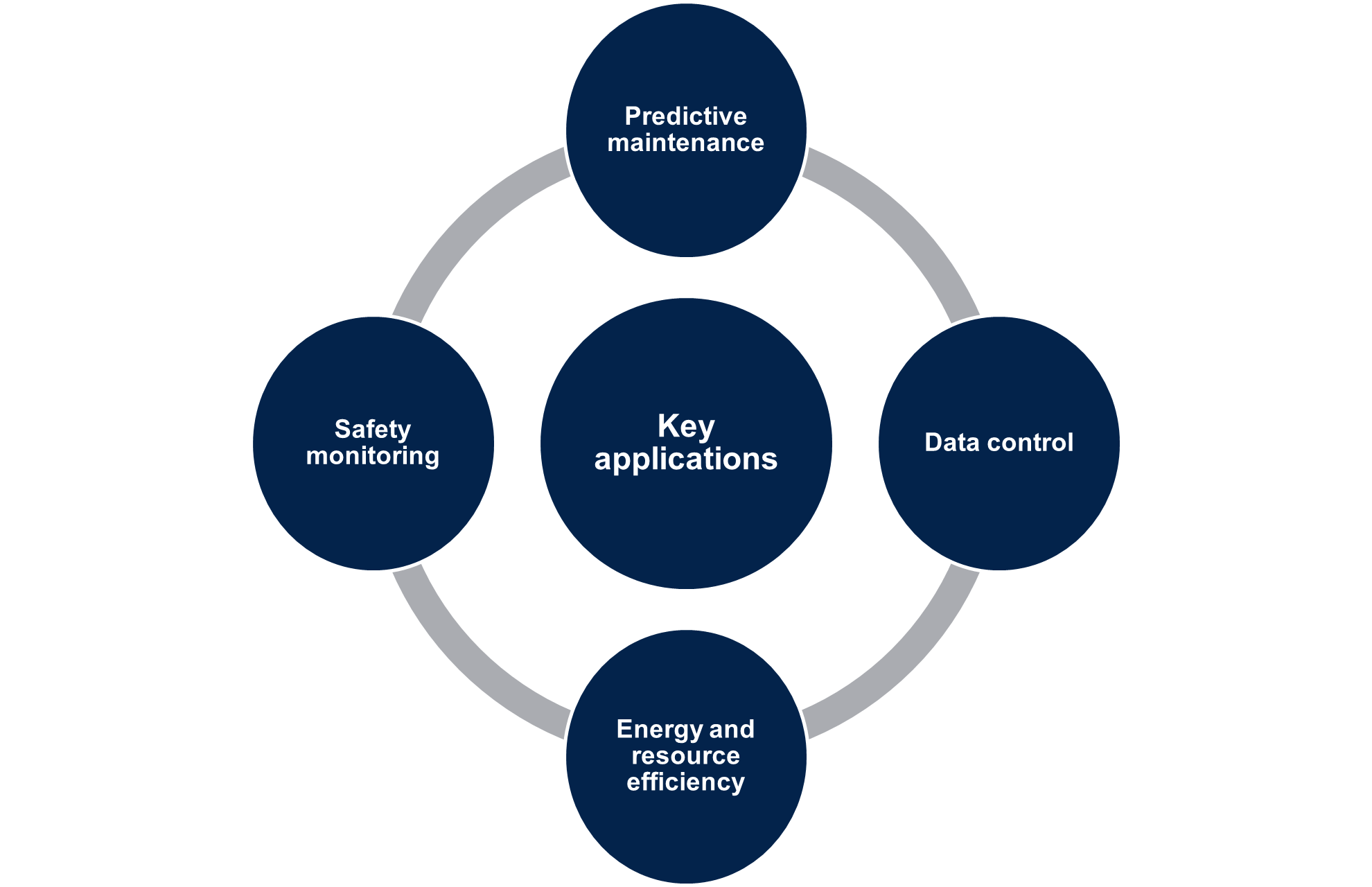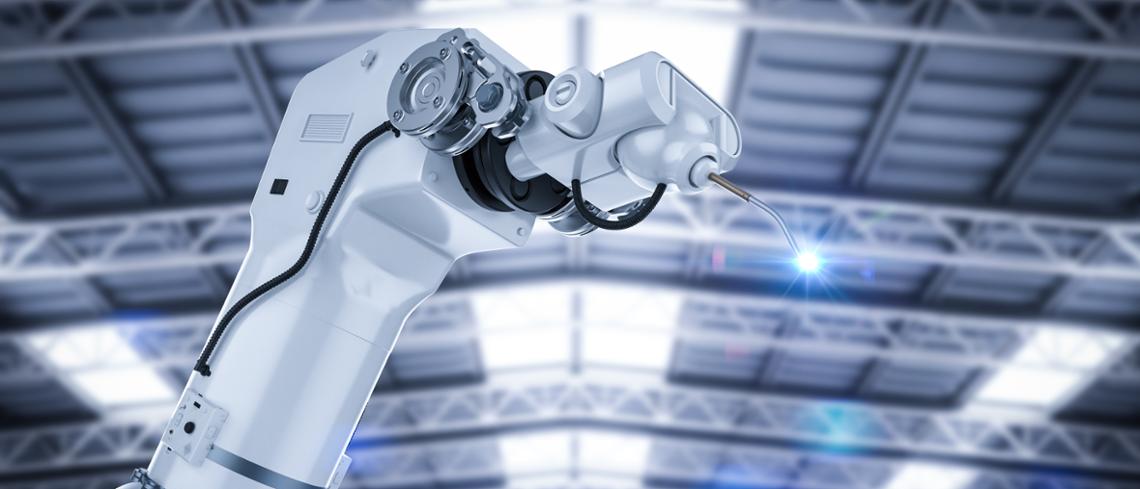Smart factories are the driver of modern manufacturing. They combine Internet of Things (IoT), artificial intelligence (AI), and big data analytics technologies to create highly automated environments, leading to innovation, efficiency, productivity, and sustainability.
Advanced sensors, particularly MEMS (micro-electro-mechanical systems) technology, play a key role in enabling intelligent manufacturing. This article delves into the importance of MEMS sensors in smart factories and their applications in industrial automation.
Transition from Industry 4.0 to Industry 5.0
The transition from Industry 4.0 to Industry 5.0 marks a significant shift in the manufacturing sector. The Fourth Industrial Revolution simply known as Industry 4.0, emphasizes the integration of digital technologies into manufacturing processes. This involves utilizing IoT, AI, big data analytics, and cyber-physical systems to develop smart factories. Advanced facilities from Industry 4.0 have enhanced automation, boosted efficiency, and real-time data exchange throughout the production chain.
Industry 5.0 focuses on human-machine collaboration, integrating automation efficiency with the creativity and problem-solving capabilities of humans. This along with personalization, has led to a human-centric, sustainable industrial landscape with increased efficiency and technology that augment human capabilities.
The role of MEMS sensors in smart factories
At the core of Industry 4.0 and 5.0 are MEMS sensors, which are essential for the functionality of smart factories. They enable precise and real-time monitoring of various manufacturing processes, and their compact size, lower power consumption, and high accuracy make them indispensable. These sensors enable human-machine collaboration as they can measure parameters such as pressure, temperature, acceleration, humidity, and acoustic properties. This data allows machines to adjust operations in real-time, enhancing efficiency and enabling humans to make informed decisions based on accurate insight.
Key applications and benefits of MEMS sensors
- Predictive maintenance: MEMS sensors continuously collect and analyze data to predict equipment failures before they occur. This reduces downtime and improves overall productivity.
- Data control: high-accuracy sensors ensure reliable data collection for continuous analytics enhancing productivity.
- Energy and resource efficiency: sensors track resource consumption, pinpoint overuse, and help prevent waste, contributing to sustainability goals.
- Safety monitoring: real-time monitoring of equipment and environmental conditions enhances workplace safety.

Sensors are reshaping the industrial sector with smarter, more efficient, and more sustainable smart factories. By leveraging advanced sensor technologies, manufacturers can achieve significant improvements in productivity, quality, and resource management.
Industrial automation retrofit with an accelerometer
Enhancing operational efficiency and reliability in smart factories can be achieved by retrofitting equipment with advanced sensors like the latest IIS2DULPX. This ultralow-power accelerometer, ideal for battery-operated nodes, monitors vibration and shock, ensuring accurate and continuous monitoring with edge AI processing and adaptive self-configuration. With up to three years of battery life and reliable operation up to 105°C, the IIS2DULPX is perfect for harsh environments and applications with maintenance challenges.
Learn more about MEMS sensors in the context of smart factories
Our latest white paper, Sensors for AI-powered intelligent factories provides an in-depth view on how MEMS sensors enable smart factory transformation. It covers the following key areas:
- Sensor technologies: detailed information on various MEMS sensors, including their capabilities and applications.
- Case studies: real-world examples of how sensors are used to enhance factory operations.
- Future trends: insights into the future of smart factories and the role of sensors in Industry 5.0.
Gain insights to stay ahead of the curve and transform your manufacturing processes with the latest insights and innovations.
- Download the white paper to explore the full potential of sensors in smart factories.
